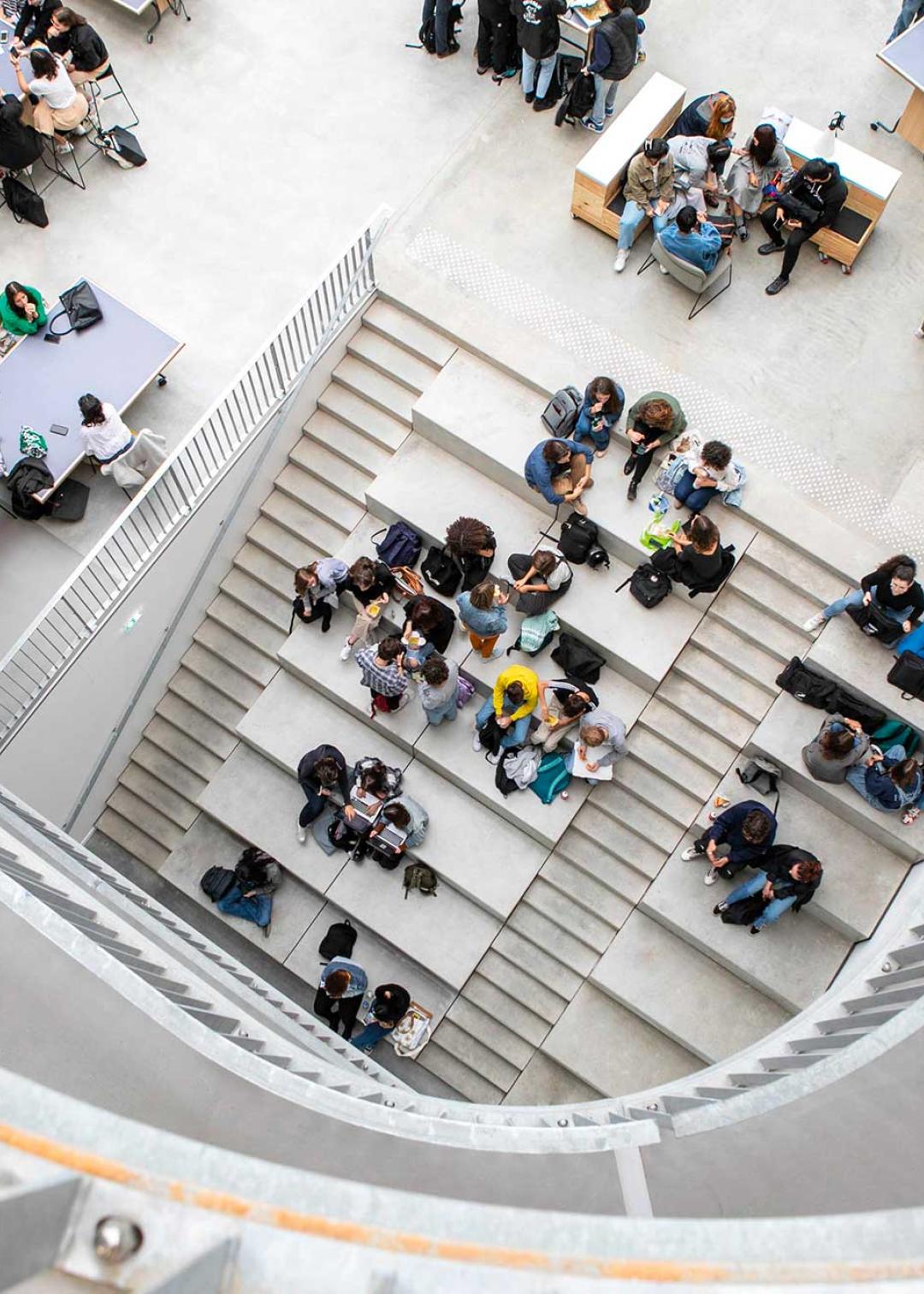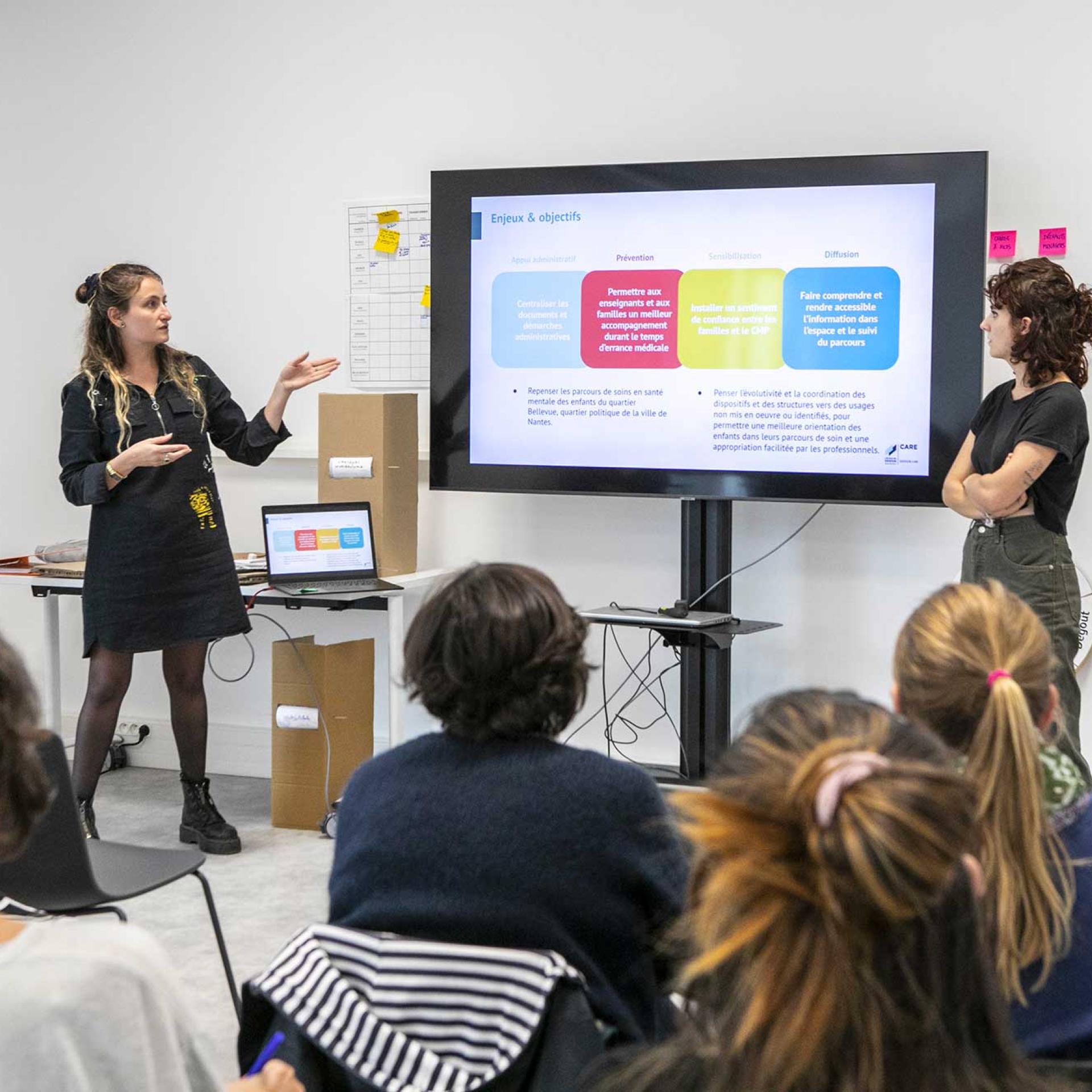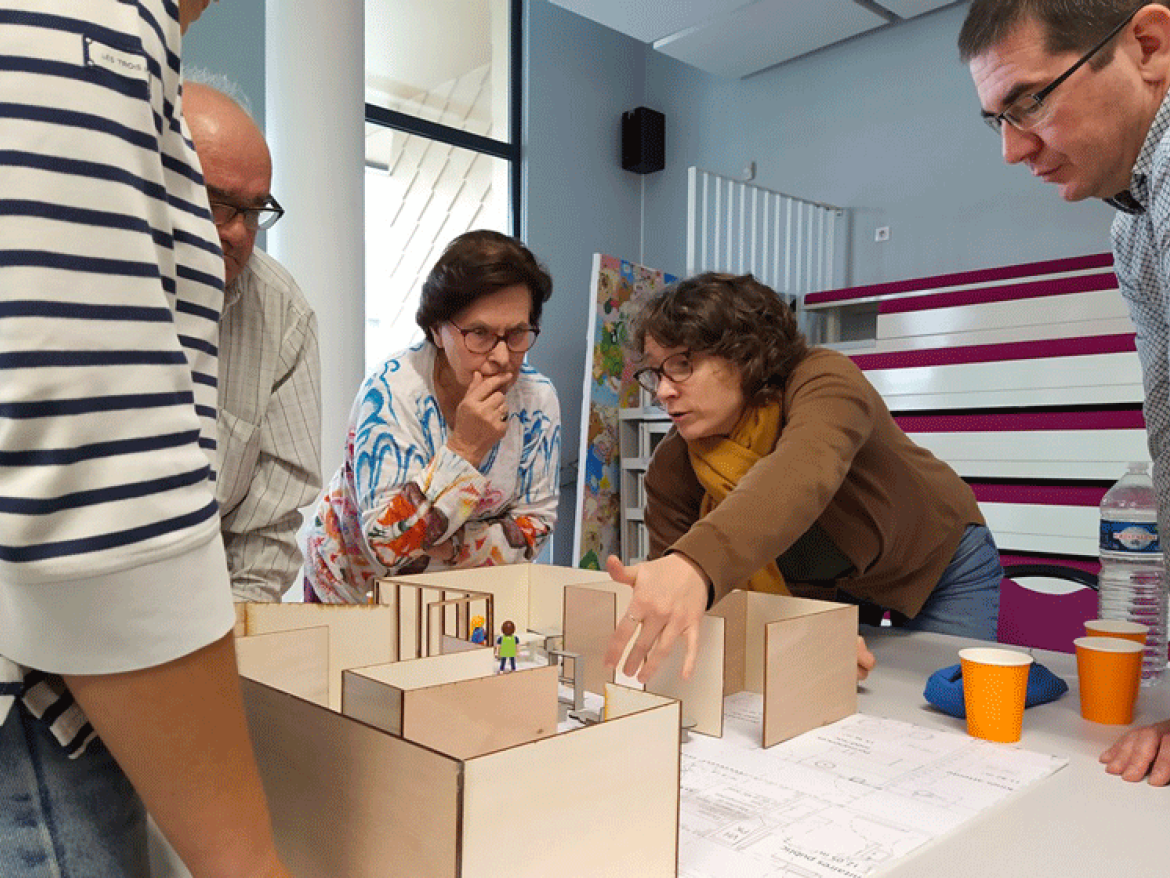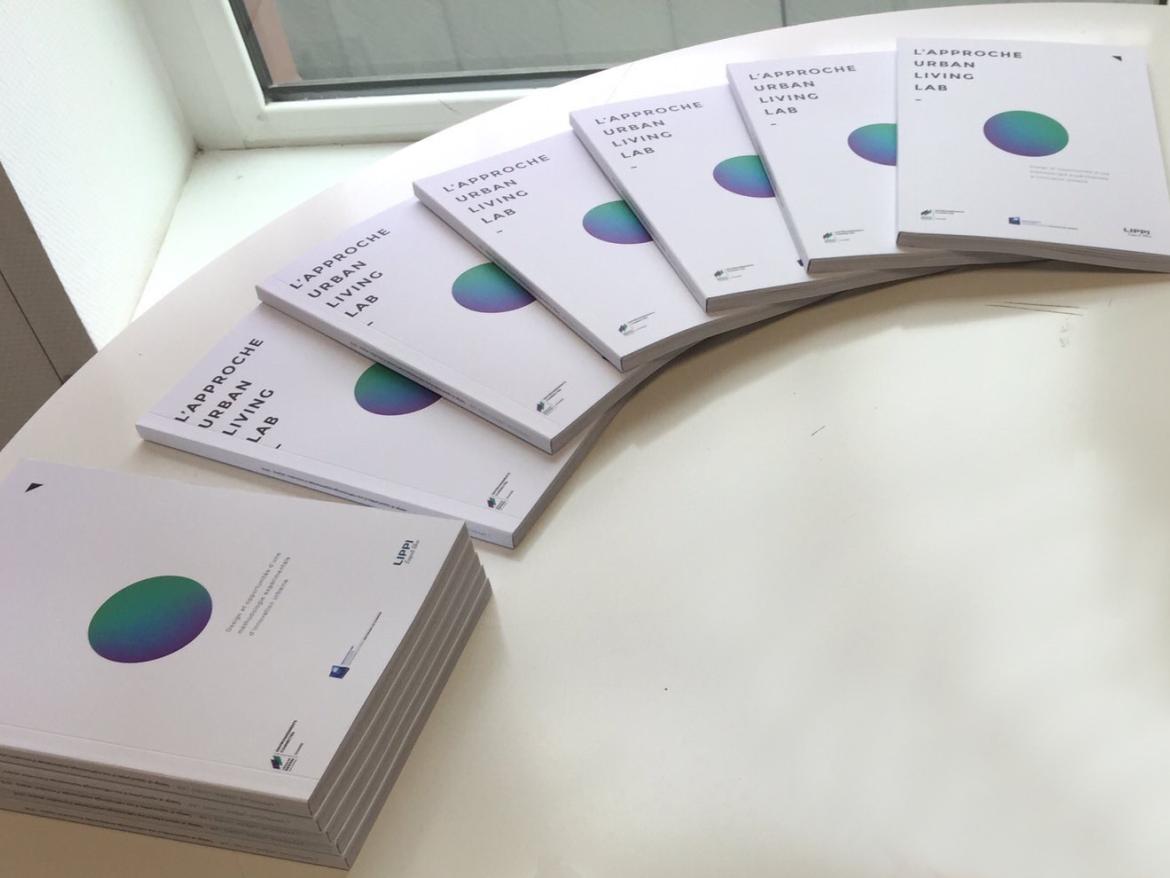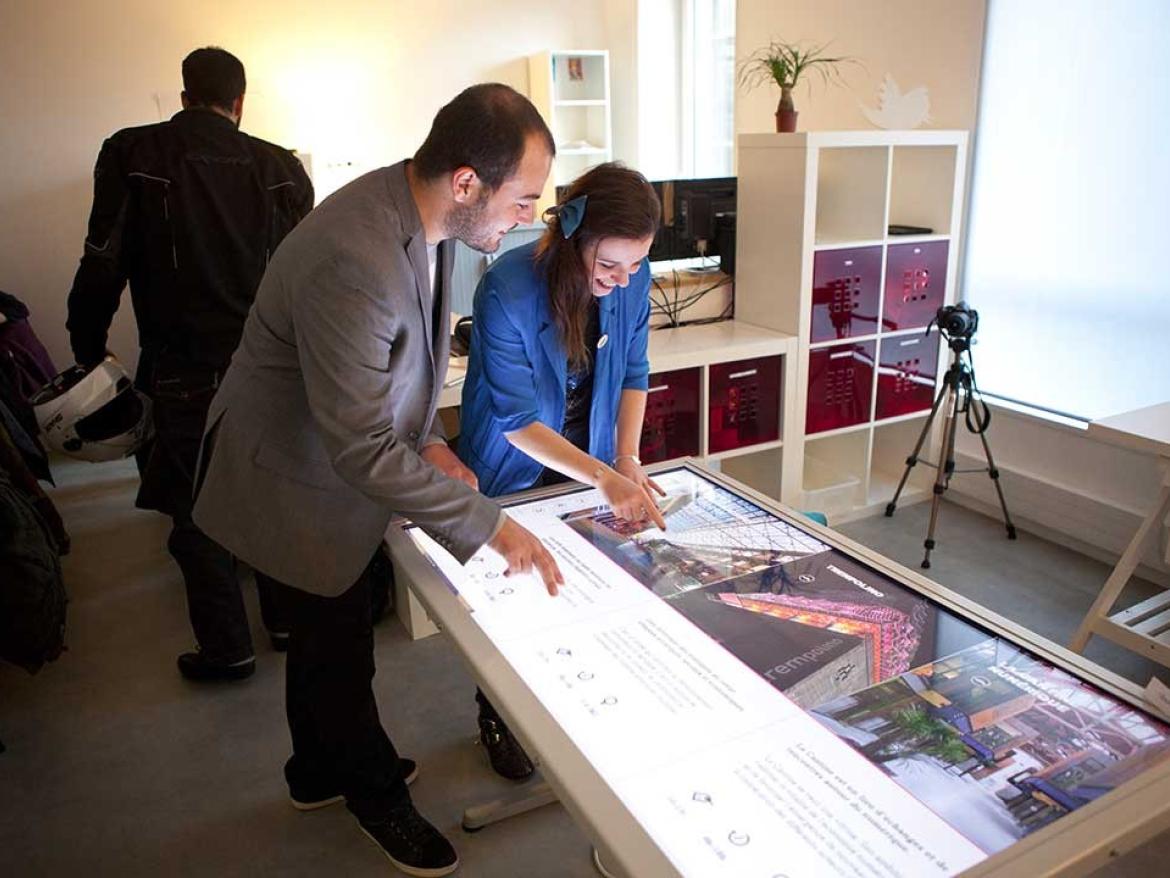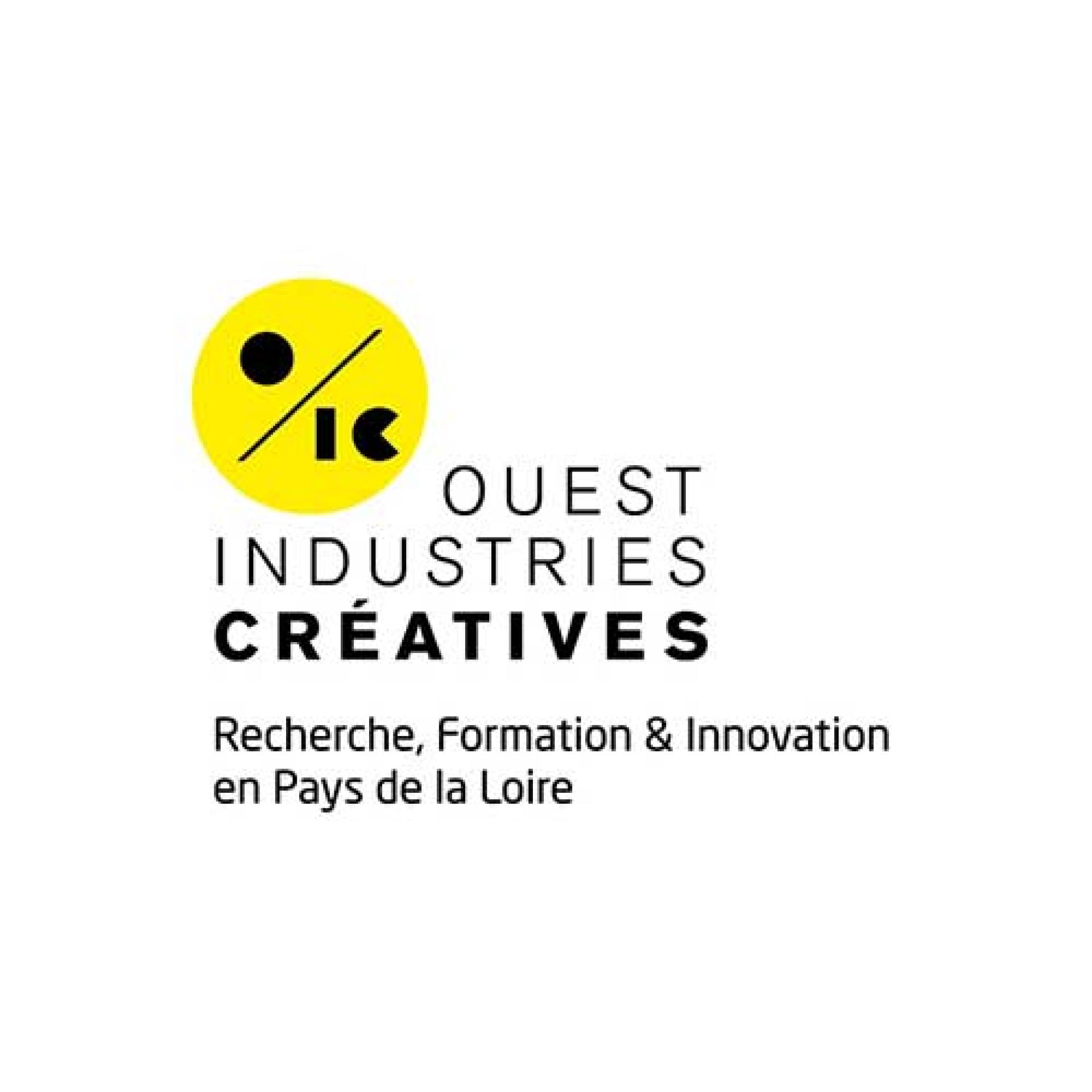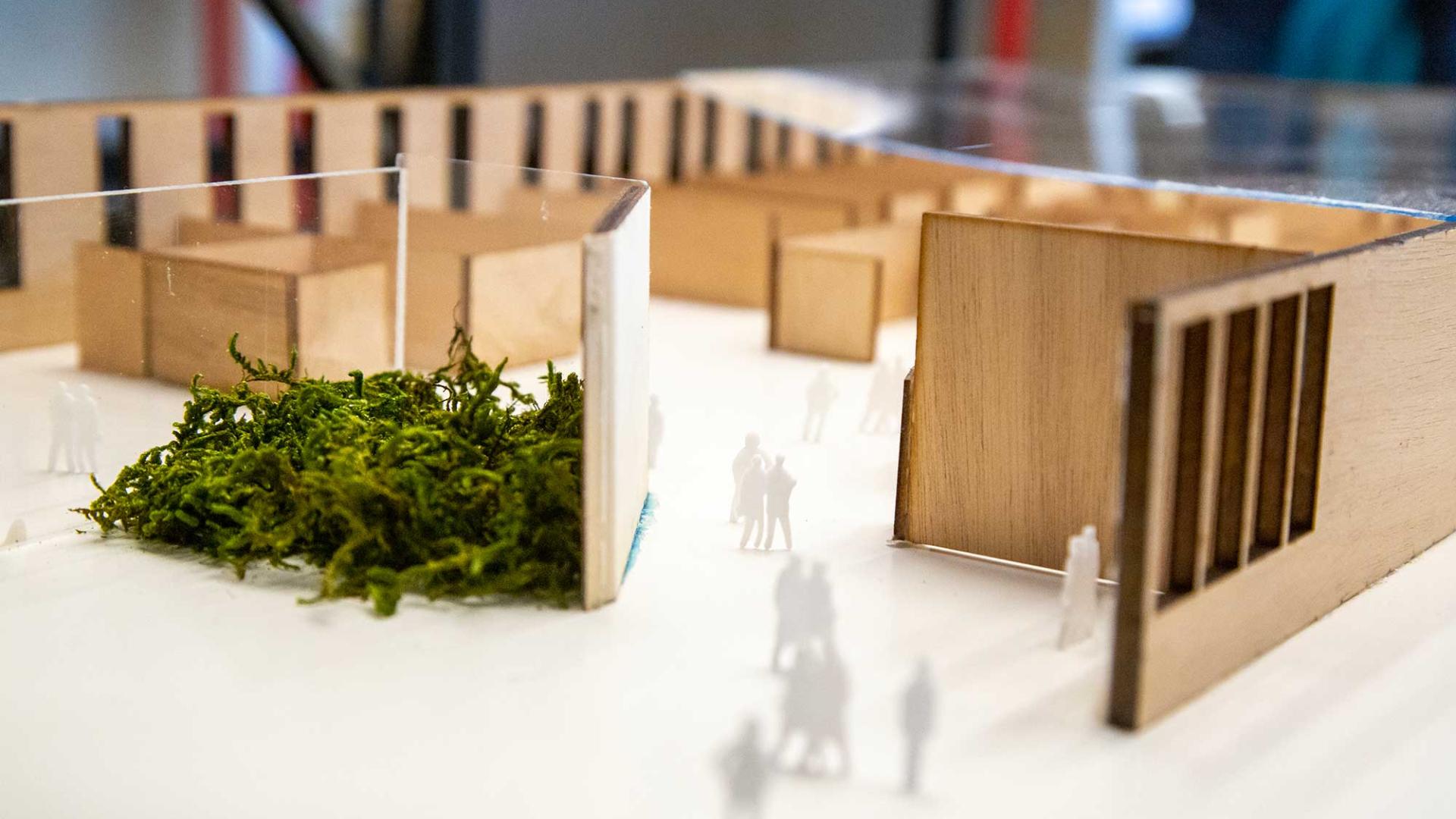
The Design Labs, a Research Training Innovation approach
The design research activity at L'École de design Nantes Atlantique
The design research activity at L'École de design Nantes Atlantique is in keeping with the philosophy of a professional school of creation, consistent with its values and teaching practices, with the ambition of participating in the construction of a sustainable world.
A Research Training Innovation approach since 2008
Design research within a professional institution such as L'École de design Nantes Atlantique finds its legitimacy in its ability to multiply the points of contact between the practice of design, the economic world and society.
In a context of major changes facing our contemporary societies, it is essential to promote an integrated approach to research, training and innovation in three dimensions:
Applied research through and for projects. In order to capitalize on the methodological and reflexive approaches of the various design practices (product design, interaction design & Ux design, graphic design, interior architecture and scenography), design research must be research that is situated in context and in action. It is fuelled by cross-cutting disciplines around the project, and by an experimental and exploratory practice of design;
Training through the framework of thematic master's degree programs, leading to a 5-year design degree equivalent to a master's degree. These programs address the strategic, managerial, systemic and international dimensions of design.
Innovation to develop vertical expertise on complex societal issues. The school becomes an actor in the transformation of social practices and organizations, companies and institutions with which it collaborates.
These three dimensions of the approach are embodied in the Design Labs, which are at once places of experimentation, training and exchange, involving expert teams and exploratory programs.
What is a Design Lab ?
How the Design Lab works
The term Lab, which has become widespread in recent years, responds to the need for interdisciplinary laboratories that promote open innovation and experimentation in a context of multiple partnerships: companies, public institutions, university laboratories.
Within the Design Labs, the meeting of different design cultures and the practical dialogue with the disciplines of the Humanities and Social Sciences and the engineering sciences are at the heart of the approach. New methods and new tools are used to fuel pedagogical innovation, to question technological and societal shifts, to give meaning to new products/services and to promote knowledge through design.
Since 2010, L'École de design Nantes Atlantique has set up five Design Labs. They explore, through design, themes linked to current social, technological and economic changes in order to offer a new perspective on contemporary challenges.
5 Design Labs, 5 themes
- The Care Design Lab explores the themes of health, care and attention to others. In this context, the lab experiments with participatory and inclusive systems in partnership with public and private actors. Design in health, social innovation and design practices in public policy are the Lab's fields of research.
- The City Design Lab studies the urban and territorial transformations of the 21st century and the related challenges. Sustainable development, smart cities and new ways of living are all part of the research carried out by the Lab.
- The Food Design Lab explores the shift in the food system and its cultural, social and environmental issues. Food resilience, wastage, eco-innovation and the development of the region are central to the research developed by the Lab.
- The Digital Design Lab is interested in the impact of digital technological innovation in our life experiences. Its fields of application cover Artificial Intelligence, voice recognition and synthesis, Big Data, robotics, Virtual, Augmented or Mixed Realities... all in relation with the user experience.
- The Media Design Lab, dedicated to information design and communication sciences, addresses the issue of information mediation and new forms of storytelling through the lens of design, to create engaging and committed dialogues between senders and receivers.
A master's degree program: two years of research-based training
A variety of pedagogical inputs
The Design Labs teams supervise master's degree programs in line with their research themes. The quality of the teaching is enriched by knowledge, methodologies and initiation linked to research. Students put this knowledge into practice through learning situations within the framework of experimental research projects in partnership with companies, public institutions, laboratories and higher education establishments. They also contribute to monitoring work and participate in conferences, trade shows and events in France and abroad to showcase their work.
End of studies projects with an exploratory aim
Particular attention is paid to the subjects of the end of studies projects.
In order to develop their project, Masters students can be supported by incubators in an entrepreneurial approach. They may also be encouraged to pursue doctoral studies, based on their initial research. As part of a university partnership, the internship in a research laboratory replaces the internship for professional pre-integration.
Project-based design research
Users are the focus of the system
The research developed within the Design Labs is anchored in projects, favoring experimentation and the implementation of devices involving the user.
It is organized on the principle of action research through practice, based on experimentation and the implementation of evaluation protocols, as well as analytical and prospective work based on the international state of the art in design research.
This research can be part of:
- collaborative projects;
- doctoral training in design, in particular within the framework of contracts with companies (CIFRE);
- research contracts and support for doctoral training;
- chairs supported by sponsoring organizations on subjects of general interest.
Chairs in design research and innovation
Within the framework of sponsorship, the chairs are supported by the Design for Creative Innovation endowment fund attached to the school, which entitles corporate sponsors to the tax provisions in force.
Connected Environments Chair by Banque Populaire Grand Ouest & LIPPI
A first chair on Connected Environments, supported by Banque Populaire Grand Ouest and LIPPI, was co-hosted between 2014 and 2018 by the City Design Lab and the Digital Design Lab.
Design and Innovation in Public Sector Chair
A second chair on the relationship between design and innovation in public policy was developed between 2017 and 2021 within the Care Design Lab, with the support of Harmonie Mutuelle and in partnership with the Prefecture of Pays de la Loire, the Pays de la Loire Région, the Loire-Atlantique Departement and Nantes Métropole.
Supporting innovation through design
The theme-based structure of the Design Labs makes it possible to explore major societal issues that are also economic opportunities, with the ambition of ensuring a transfer of this expertise to society.
This transfer can take different forms:
- research contracts;
- assessment missions;
- collaborative workshops;
- hosting of doctoral designers doctorants (CIFRE contract).
The services provided are eligible for the Research Tax Credit.
Research contracts and partnership research
The expertise of the Design Labs can be made available for the exploration of a problem in order to produce demonstrators and prototypes, methodological and/or operational elements, in the form of research contracts or industrial partnership chairs.
The intellectual property agreement is negotiable in the context of these research contracts or chairs.
Participatory workshops and monitoring
The Design Labs can also set up more targeted formats to bring their expertise to organizations:
- Participatory workshops: exploratory work in the form of workshops with the teams;
- Expertise and monitoring: ad hoc research, monitoring, state of the art, recommendations and deliverables in the form of studies or white papers, etc.
Industry-oriented doctoral theses (CIFRE)
Doctoral training through design research can be conducted within an organization, company, local authority or association. Interdisciplinary in nature, a thesis of this type associates, under a 3-year contract, a doctoral student, a partner university laboratory in a related discipline (engineering sciences, management sciences, the humanities and social sciences, information and communication), a Design Lab and an organization that hosts the doctoral student as an employee.
Under certain conditions, the host organization can benefit from state funding granted by the National Agency for Technological Research (ANRT). The remainder of the cost as well as the financing of the support contracts signed with the partner laboratories are also eligible for the Research Tax Credit (CIR).
Ouest Industries Créatives, a regional Research Training Innovation program on experience design
The school's involvement in the Ouest Industries Créatives Pays de la Loire regional Research-Training-Innovation program as co-pilot of this program with Nantes University, marks a willingness to develop a concerted scientific policy favoring jointly supported research themes. The shared ambition is to implement a center of excellence with international visibility, based on collaboration between academic research partners, innovation players and stakeholders from the socio-economic world.
Since 2016, the Design Labs teams have been involved in projects supported by the RFI Ouest Industries Créatives dans une logique Formation Innovation et Recherche Innovation.
Publications and contributions
The school is an active member of French and international design research networks, with the aim of participating in the global production of knowledge through design.
Sciences du design
L'École de Design Nantes Atlantique supports the journal Sciences du Design. The first international peer-reviewed design research journal in French, it was founded in 2015 by Alain Findeli & Stéphane Vial, headed by Stéphane Vial and published by PUF.
The journal Sciences du design on the CAIRN website - The official website Sciences du design
Design Lab publications
The Design Labs research team participates in the dissemination of knowledge through scientific publications and contributions to scientific conferences. The Design Labs also publish books and articles with the mission of making the design research dimension known to the general public. Consult the list of publications and participations in scientific conferences by L'École de design Nantes Atlantique's team.
Head of Research: Frédéric Degouzon, Director of Strategy, Research & Development
Discover the "Design et Histoire(s)" blog of Jocelyne Le Boeuf, who helped create L'École de design Nantes Atlantique in 1988 and was Director of Studies until 2013.
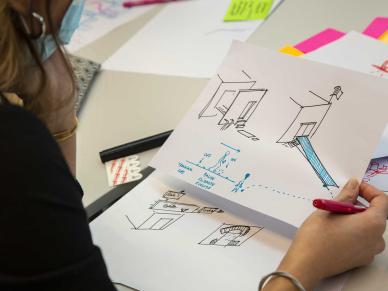
The Care Design Lab aims to train designers in two years in the fields of health, social action and public innovation.
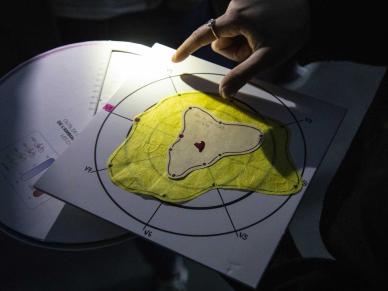
The City Design Lab is a research laboratory for urban design-led research that accompanies urban and territorial change.
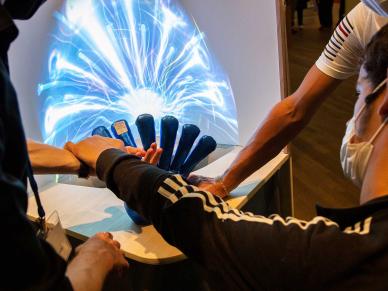
The Digital Design Lab at L’École de design Nantes Atlantique focuses on the notions of UX Design and digital innovation.
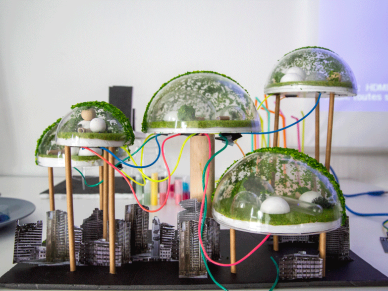
The Food Design Lab explores issues related to the changing nature of food systems and imagines global experiences centered on sustainable food.
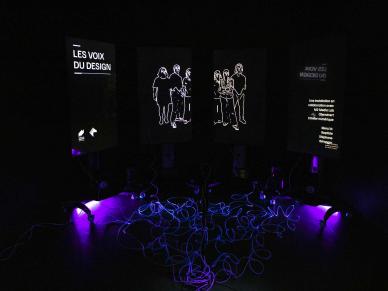
The Media Design Lab explores the challenges of information, knowledge and communication.
